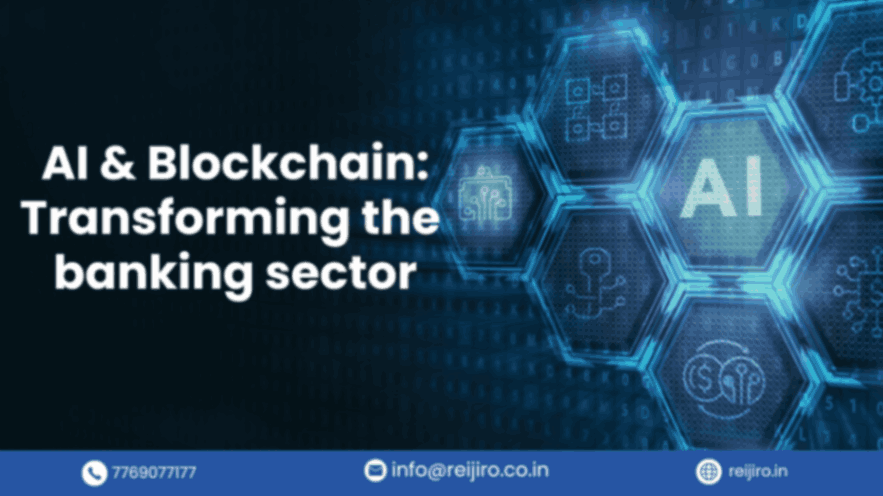Contactless Payments: Transforming the Way We Transact
As the world embraces a digital economy, technology is taking center stage in revolutionizing payment processes, making them faster and more transparent. This shift is propelling the Indian fintech sector forward. Interestingly, the catalyst for this fintech surge in India was the Demonetization Act. It prompted a wave of startups and tech companies to reinvigorate the fintech landscape. In recent times, considerable attention has been directed towards companies offering AI and Blockchain-based solutions in the Banking, Financial Services, and Insurance (BFSI) domain.
The emergence of Bitcoin brought blockchain technology to the forefront. With its ability to offer transparent payment and documentation mechanisms, blockchain has reshaped transactions. Notably, blockchain transactions require no third-party verification, and all transaction records are publicly accessible. Consequently, blockchain has drastically reduced the time needed for transactions. For instance, Barclays executed an international deal for an Israeli agriculture firm on its blockchain platform in just four hours, a process that used to take a cumbersome ten days.
Banks and financial institutions have been early adopters of AI to better comprehend and forecast customer demands while realizing substantial cost savings. These institutions harness AI to gather, interpret, and analyze data, using the insights to enhance decision-making processes. Take, for instance, the Royal Bank of Scotland, which employs an AI interface called Luvo to address customer queries efficiently. Luvo quickly understands customer queries, scans through a vast repository of answers, and promptly provides acceptable solutions to customers within seconds.
India’s Approach to AI & Blockchain Technologies
India has wholeheartedly embraced blockchain technology. Niti Aayog, a government think tank, has issued a 59-page policy document that explores the impact of blockchain across various sectors. Amitabh Kant, CEO of Niti Aayog, emphasizes the unique potential of blockchain in addressing governance challenges in India, particularly due to the scale, diversity, and complexity of public service processes. According to Kant, “Blockchain offers unique possibilities for addressing issues relating to improving governance.”
Niti Aayog also recognizes the pivotal role AI can play in India, especially in sectors like healthcare, agriculture, education, smart cities, smart mobility, and financial services. However, adopting AI in India presents several challenges. These include the absence of supportive data ecosystems, a shortage of AI-trained professionals, and difficulties in translating research into practical market applications.
Despite these challenges, Alok Mittal, CEO of Indifi Technologies, is optimistic about AI’s future in the fintech industry. He believes AI will be a core differentiator, offering significant support in credit risk predictions, pattern recognition, and fraud identification.
In summary, AI and Blockchain are poised to reshape the financial services landscape in India and across the globe. These technologies offer unparalleled opportunities for efficiency, transparency, and innovation in the BFSI sector, heralding a new era of financial services.



